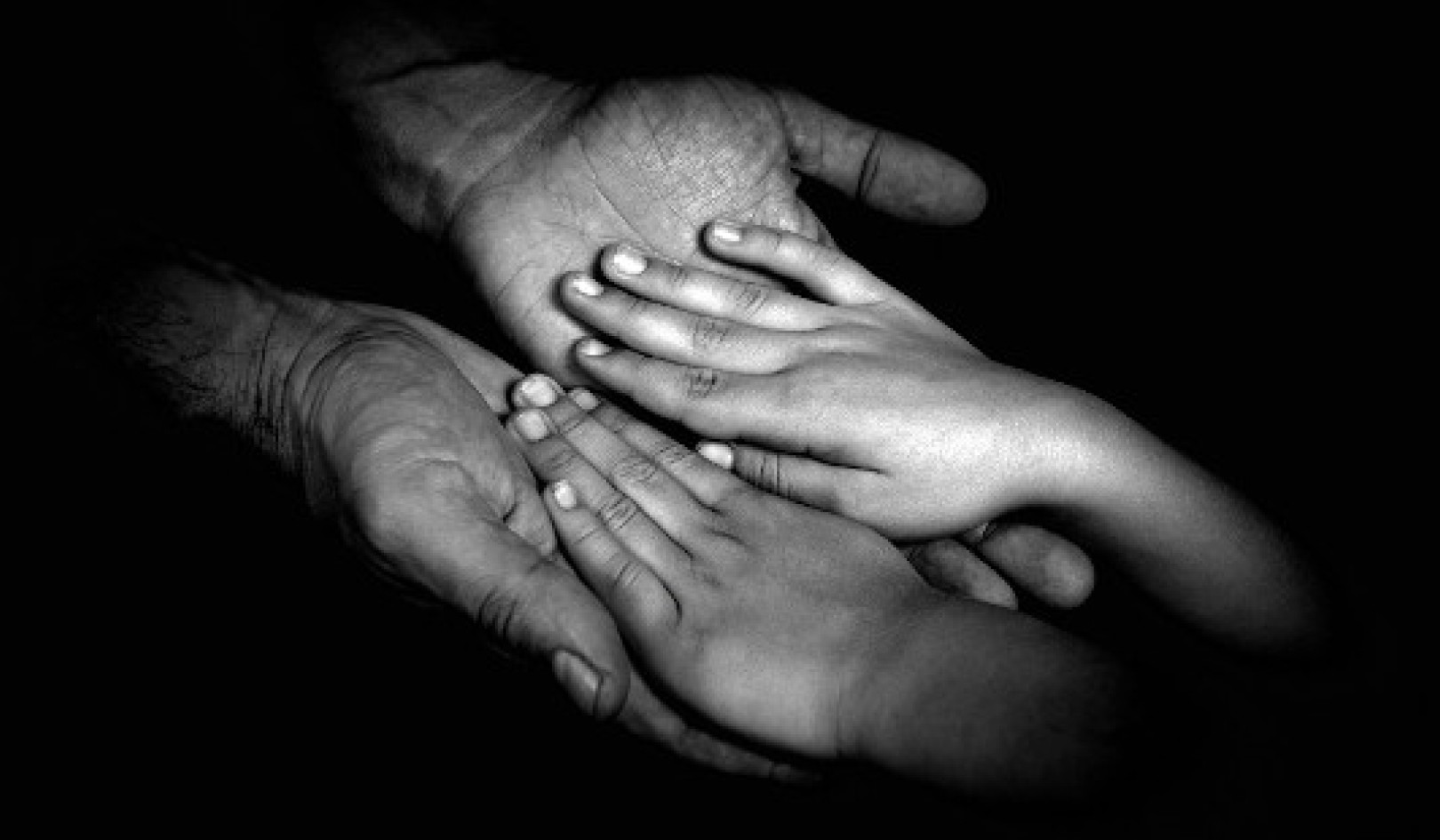 The belief that “real men” must be strong, tough, and independent may be a detriment to their social needs later in life, researchers report.
The belief that “real men” must be strong, tough, and independent may be a detriment to their social needs later in life, researchers report.
Men who endorse hegemonic ideals of masculinity—or “toxic masculinity”—can become socially isolated as they age, affecting their health, well-being, and overall happiness, according to the new study.
“When we age, there are certain ways that we can ensure we maintain our health and well-being,” says coauthor Stef Shuster, an assistant professor in Lyman Briggs College and the sociology department at Michigan State University.
“Having people with whom we can talk about personal matters is a form of social support. If people only have one person that they can share information with, or sometimes even no people, they don’t really have an opportunity to reflect and share,” she says.
Shuster says that when issues arise, like health or financial problems, it puts individuals in an incredibly disadvantaged position if they don’t have anyone to share this with, which also might have negative consequences for their mental health.
“Social isolation is common among aging adults. Changes such as retirement, widowhood or moving to a new home can disrupt their existing friendships,” says coauthor Celeste Campos-Castillo, an associate professor in the sociology department at the University of Wisconsin-Milwaukee.
“Older men who endorse the ideals of toxic masculinity can become siloed off as they age,” Shuster says. “Not all older men are at risk—just those who favor a particular set of ideals.”
The researchers analyzed nearly 5,500 US older women and men from the Wisconsin Longitudinal Survey, which administered the Hegemonic Masculinity for Older Men Scale.
The study is one of the first to treat masculinity as a spectrum rather than a simple yes-or-no binary category.
“A lot of gender research is based on simplistic binaries of women or men, feminine or masculine, either you’re hegemonically masculine or you’re not,” Shuster says. “Because of the data set that we’re using, our study actually looks at masculinity on a spectrum.”
The study also found that embracing toxic masculinity is self-harming.
“Often, toxic masculinity is a term that we use to describe how masculinity affects other people, especially women,” Shuster says. “But our study shows how toxic masculinity also has detrimental consequences for the men who subscribe to these ideals. The very premise of hegemonic masculinity in some ways is based on the idea of isolation because it’s about being autonomous and not showing a lot of emotion. It’s hard to develop friendships living this way.”
As baby boomers prepare to retire from the workforce, they face challenges in finding and sustaining healthy friendships.
Embracing an alternative understanding of masculinity that doesn’t rely on independence and toughness as the only way to be “real men,” or at least easing up on the principles of hegemonic masculinity, may alleviate social isolation, the researchers suggest.
Still, Shuster recognizes that the higher men score on the scale of hegemonic masculinity, the less likely they are to change their views or seek help.
“Can you change someone’s ideological principles? I think that’s a harder sell than trying to get people to believe that social isolation is incredibly detrimental to their health,” Shuster says.
“It’s about learning how to offer tools for people not to be socially isolated and helping them develop the capacity to recognize that all of the ways they have upheld being so-called ‘real men’ is not going to work for them as they age.”
The research appears in Sex Roles.

Books Improving Attitude and Behavior from Amazon's Best Sellers list
"Atomic Habits: An Easy & Proven Way to Build Good Habits & Break Bad Ones"
by James Clear
In this book, James Clear presents a comprehensive guide to building good habits and breaking bad ones. The book includes practical advice and strategies for creating lasting behavior change, based on the latest research in psychology and neuroscience.
Click for more info or to order
"Unf*ck Your Brain: Using Science to Get Over Anxiety, Depression, Anger, Freak-Outs, and Triggers"
by Faith G. Harper, PhD, LPC-S, ACS, ACN
In this book, Dr. Faith Harper offers a guide to understanding and managing common emotional and behavioral issues, including anxiety, depression, and anger. The book includes information on the science behind these issues, as well as practical advice and exercises for coping and healing.
Click for more info or to order
"The Power of Habit: Why We Do What We Do in Life and Business"
by Charles Duhigg
In this book, Charles Duhigg explores the science of habit formation and how habits impact our lives, both personally and professionally. The book includes stories of individuals and organizations who have successfully changed their habits, as well as practical advice for creating lasting behavior change.
Click for more info or to order
"Tiny Habits: The Small Changes That Change Everything"
by BJ Fogg
In this book, BJ Fogg presents a guide to creating lasting behavior change through small, incremental habits. The book includes practical advice and strategies for identifying and implementing tiny habits that can lead to big changes over time.
Click for more info or to order
"The 5 AM Club: Own Your Morning, Elevate Your Life"
by Robin Sharma
In this book, Robin Sharma presents a guide to maximizing your productivity and potential by starting your day early. The book includes practical advice and strategies for creating a morning routine that supports your goals and values, as well as inspiring stories of individuals who have transformed their lives through early rising.
s

























